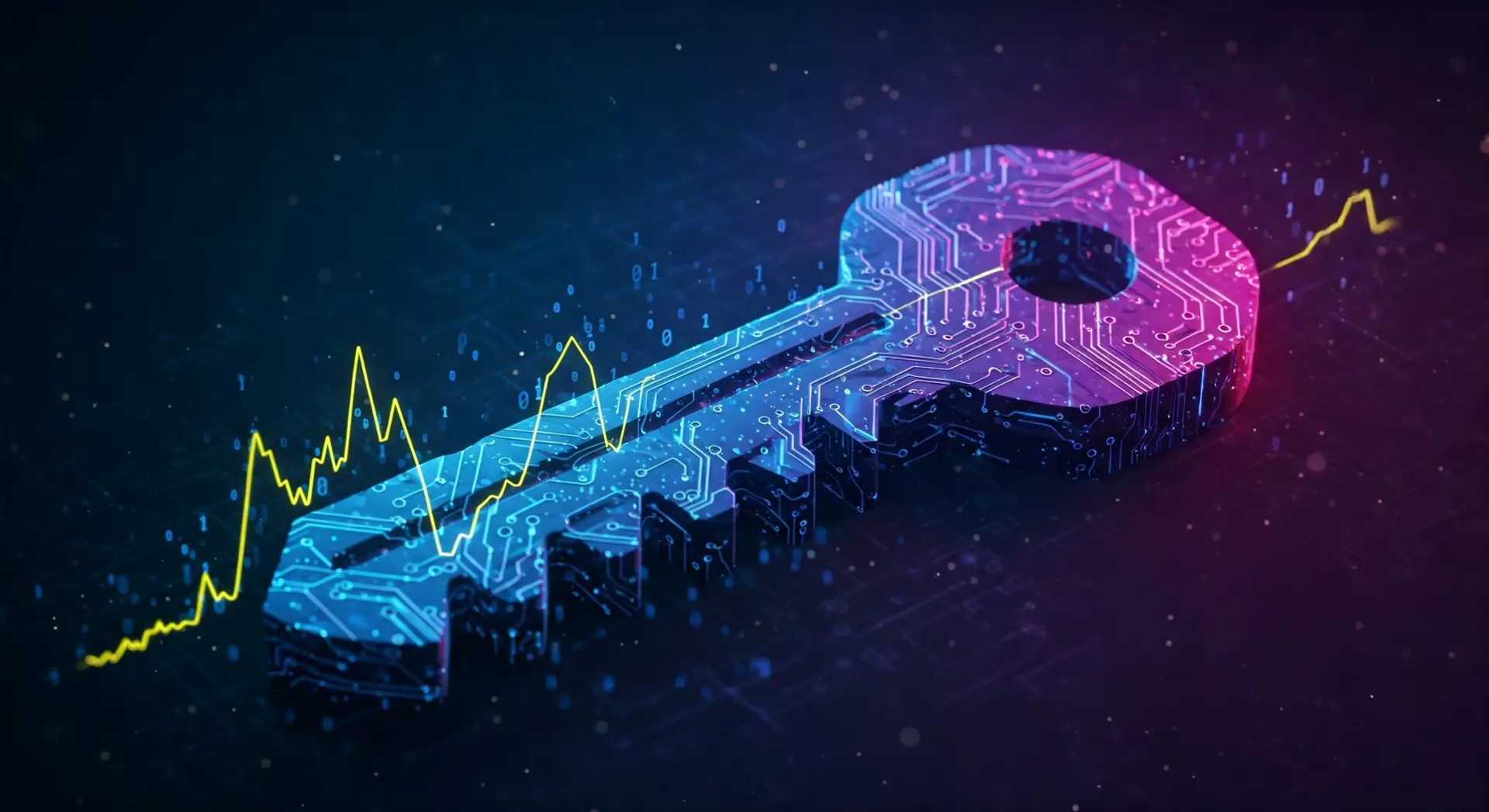Emerging AI’s Transformative Role in Cybersecurity is a pivotal concern for organizations worldwide. As threats evolve, so do our defenses. Artificial intelligence (AI) stands at the forefront of this evolution, offering unprecedented opportunities for enhancing security measures. This blog explores emerging AI and areas of opportunity in cybersecurity, promising a safer tomorrow.
AI-Powered Threat Detection: A Game Changer
Traditional security systems often struggle with the volume and sophistication of modern cyber threats. AI’s ability to analyze vast datasets quickly changes the game. It identifies patterns and anomalies that might indicate a threat, ensuring rapid response times. This proactive approach is revolutionizing how we foresee and mitigate potential risks.
Automated Response: The Next Frontier in Cyber Defense
Speed is crucial in countering cyber attacks. AI’s capacity for automated decision-making allows for instant responses to security breaches, minimizing damage. By automating routine tasks, AI frees up human resources to focus on more complex challenges, enhancing overall security posture.
Enhanced Phishing Detection: Sharpening the Digital Shield
Phishing attacks are increasingly sophisticated, easily fooling traditional security measures. AI steps in with advanced algorithms to analyze emails and web content, spotting signs of phishing attempts more accurately than ever before. This sharper digital shield protects sensitive information from being compromised.
Predictive Analytics: Shaping Future Cybersecurity Strategies
AI’s predictive analytics power is a game-changer for cybersecurity. By forecasting future threats based on historical data, organizations can prepare and prevent attacks before they happen. This forward-thinking approach transforms cybersecurity from reactive to proactive, significantly reducing potential vulnerabilities.
Deep Learning: Refining Intrusion Detection Systems
Deep learning, a subset of AI, enhances intrusion detection systems (IDS) by learning and adapting to new threats over time. This continuous improvement ensures that security systems remain effective against even the most advanced cyber attacks, safeguarding digital assets more securely.
Blockchain and AI: A Robust Partnership
Integrating AI with blockchain technology offers a robust security solution. This partnership enhances data integrity and privacy, making it nearly impossible for hackers to tamper with data. The decentralized nature of blockchain, combined with AI’s analytical prowess, creates a formidable defense against cyber threats.
AI in Identity and Access Management (IAM)
AI is transforming identity and access management by automating and enhancing user verification processes. By analyzing user behavior patterns, AI can detect anomalies that may indicate unauthorized access attempts, ensuring that only legitimate users can access sensitive systems and data.
Challenges and Ethical Considerations
While AI presents remarkable opportunities for cybersecurity, it also brings challenges and ethical considerations. The potential for AI systems to be manipulated by malicious actors, privacy concerns, and the need for regulatory frameworks are areas that require careful attention as we embrace AI in cybersecurity.
Embracing AI for a Secure Digital Future
AI is not just an emerging technology; it’s a vital ally in the battle against cyber threats. Its ability to learn, predict, and respond to threats offers a new paradigm in cybersecurity. However, harnessing its full potential requires ongoing research, ethical considerations, and collaboration across sectors. As we move forward, the integration of AI in cybersecurity practices is not just an option but a necessity for securing our digital future.




